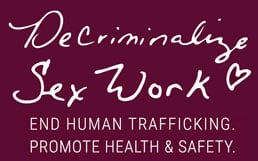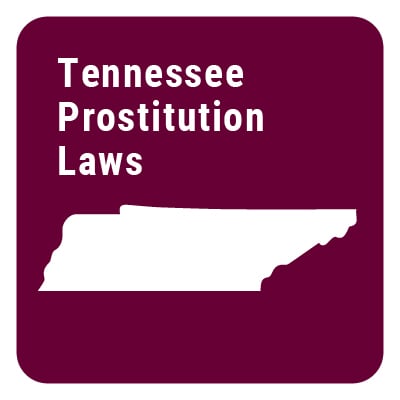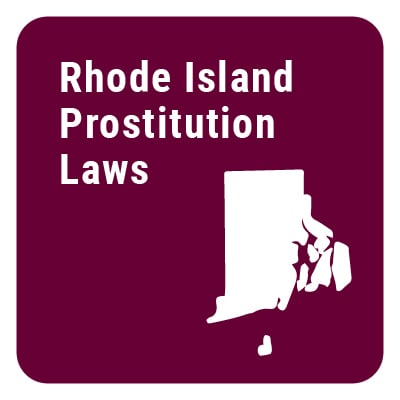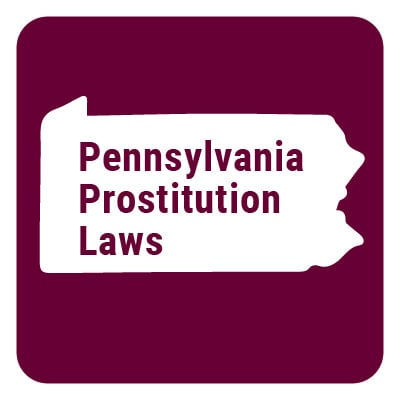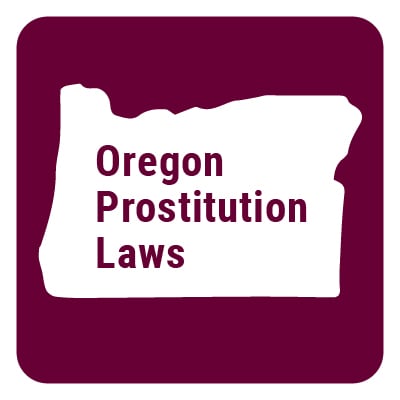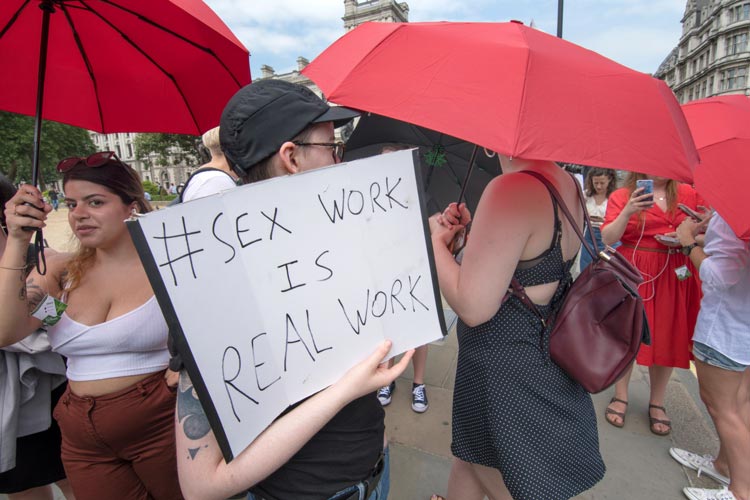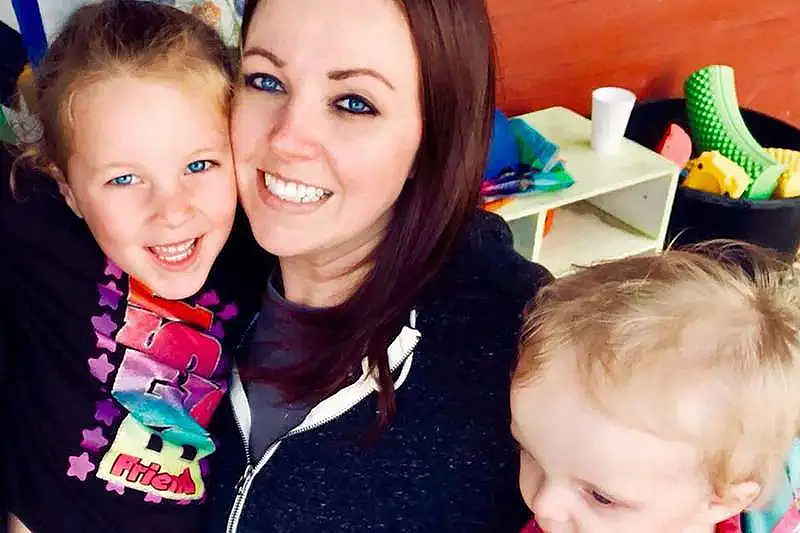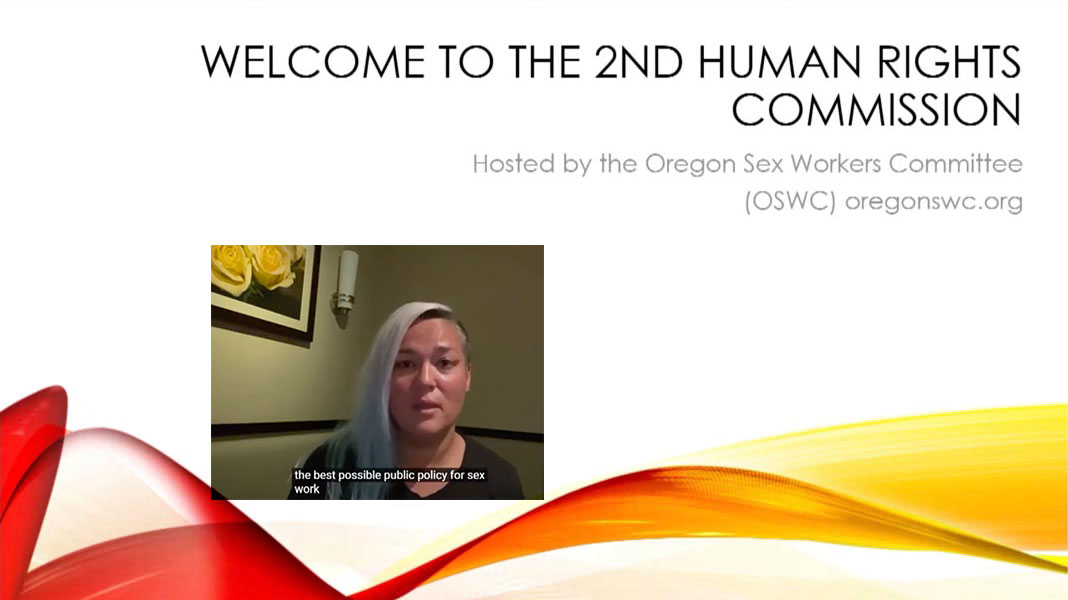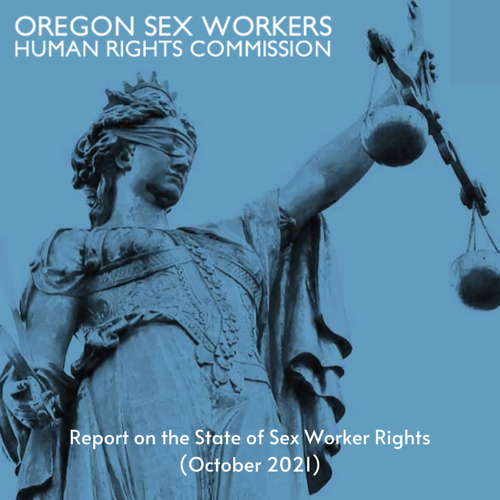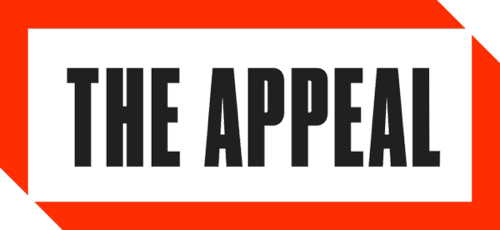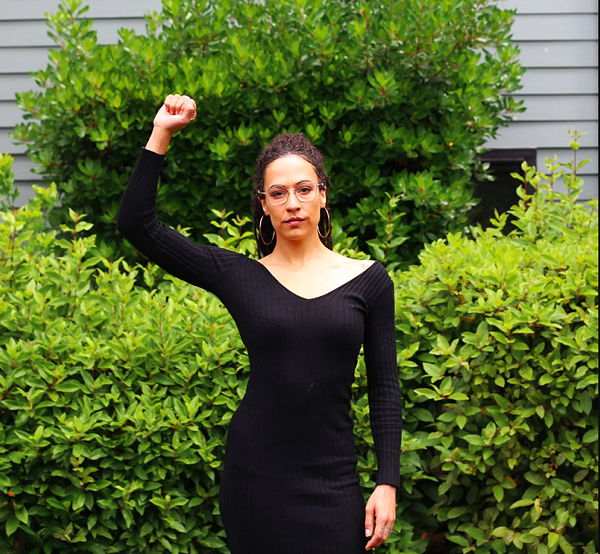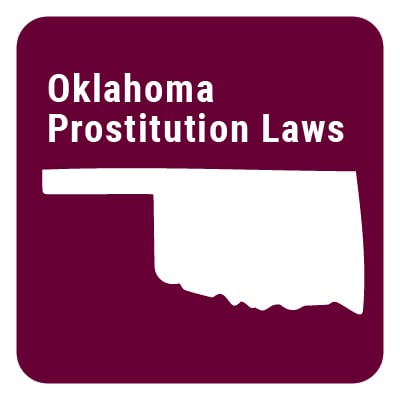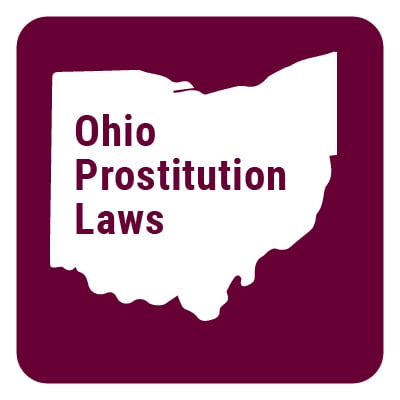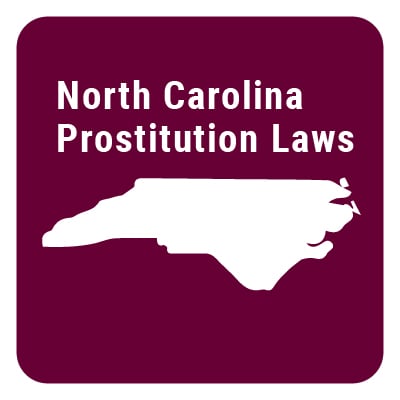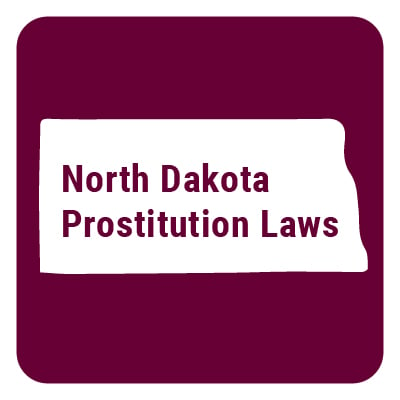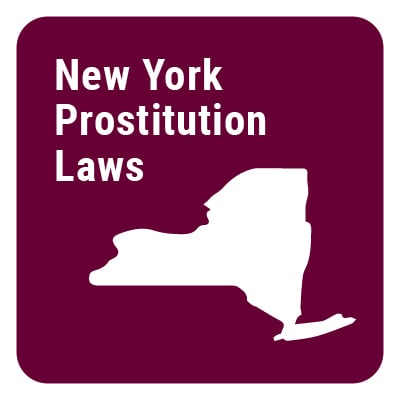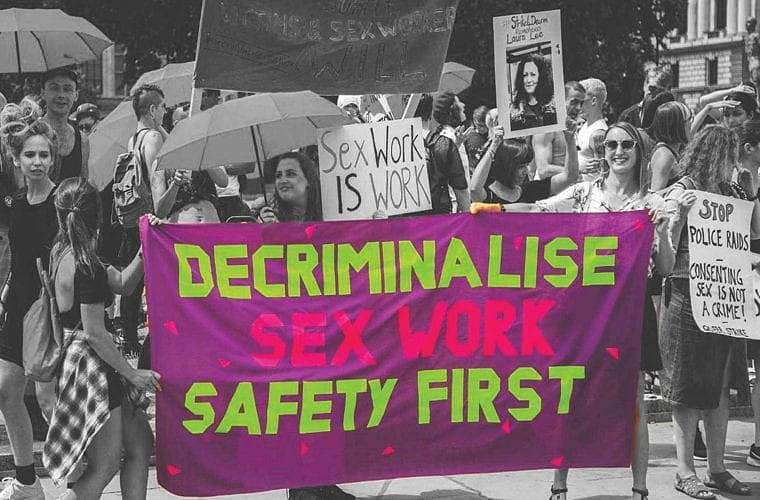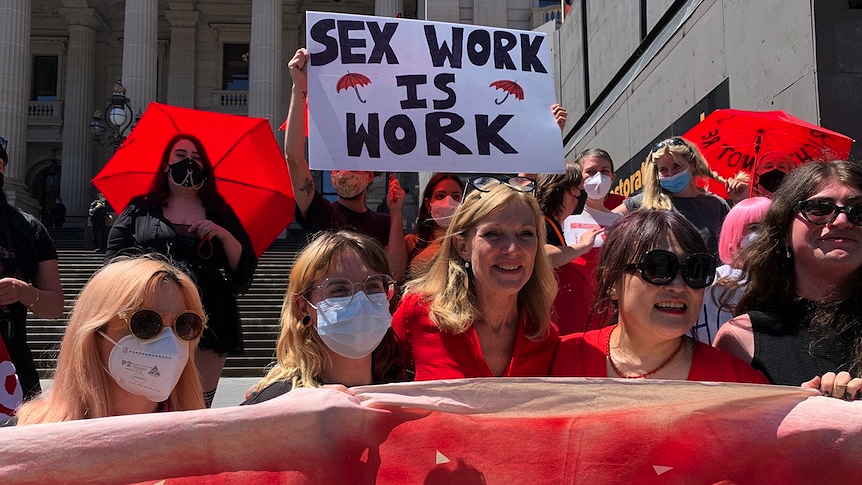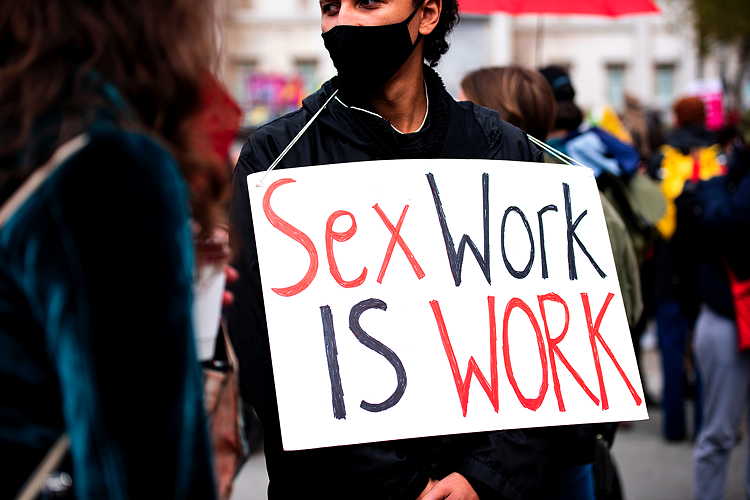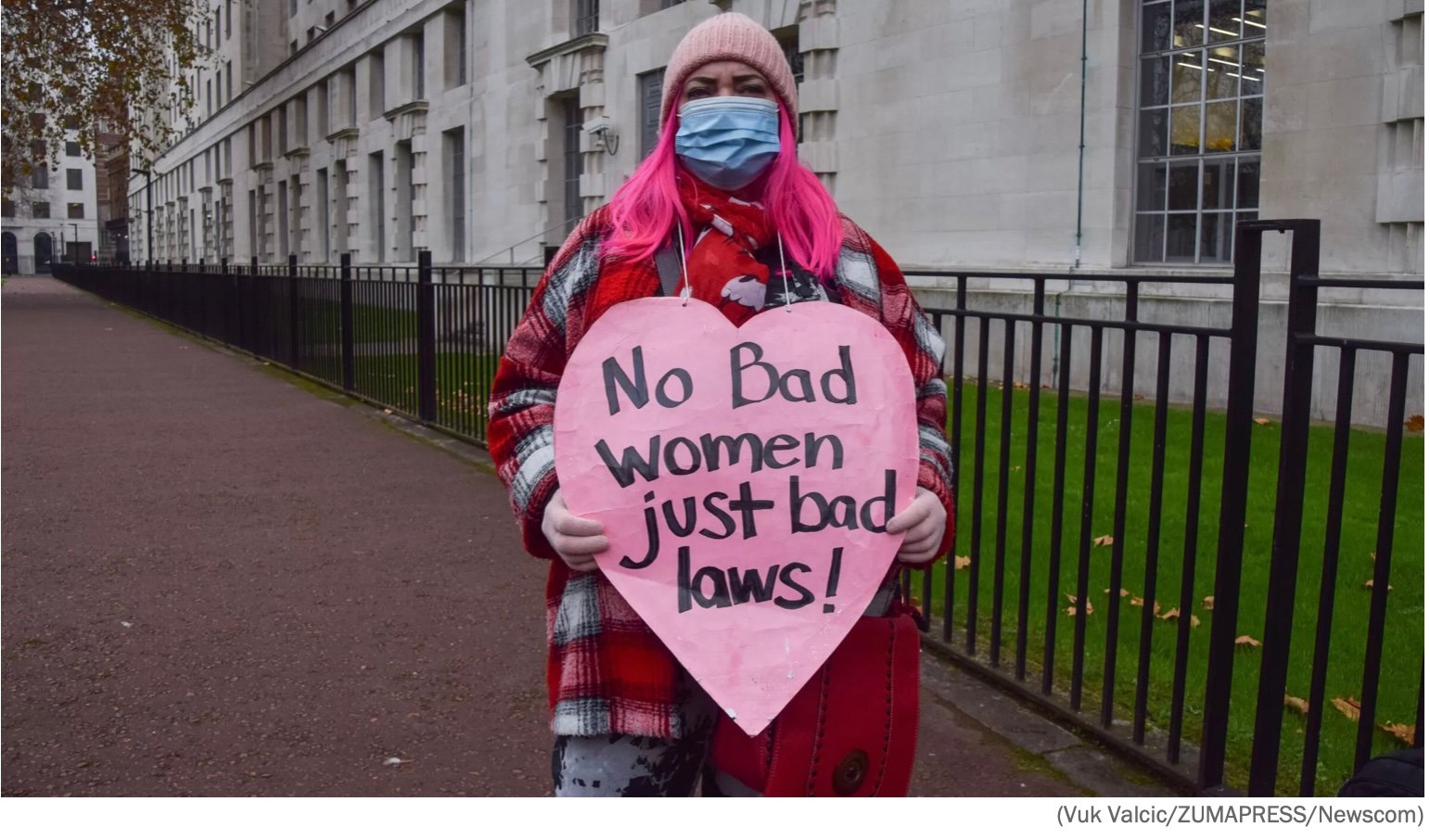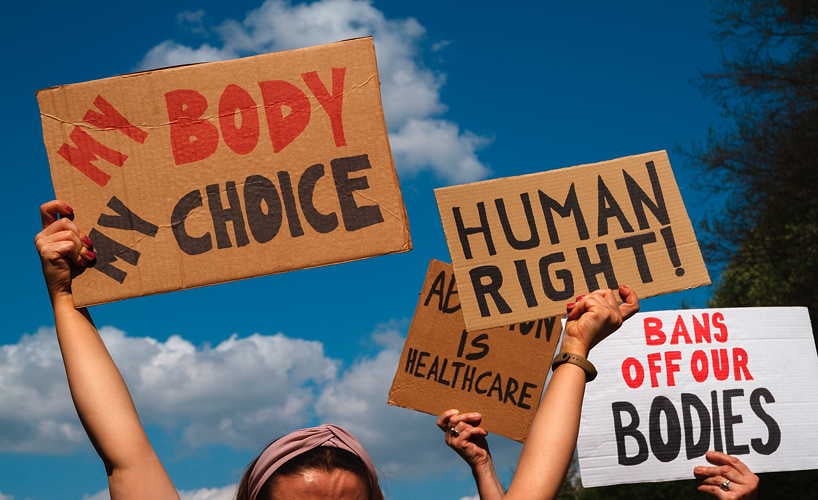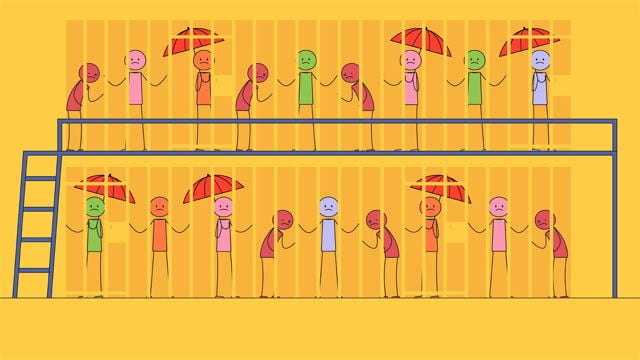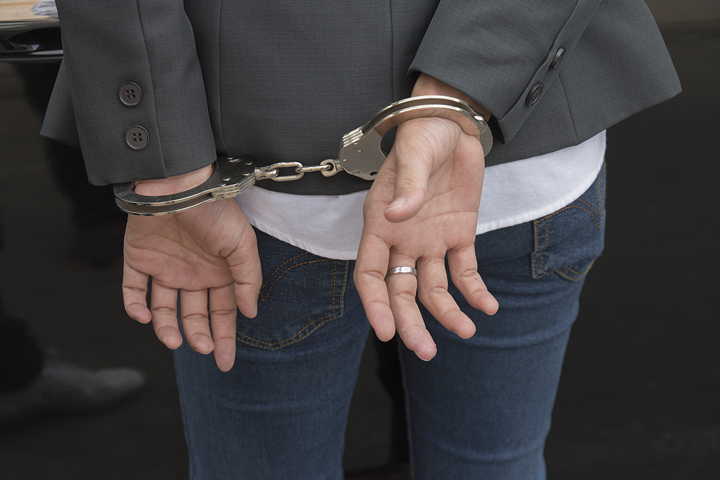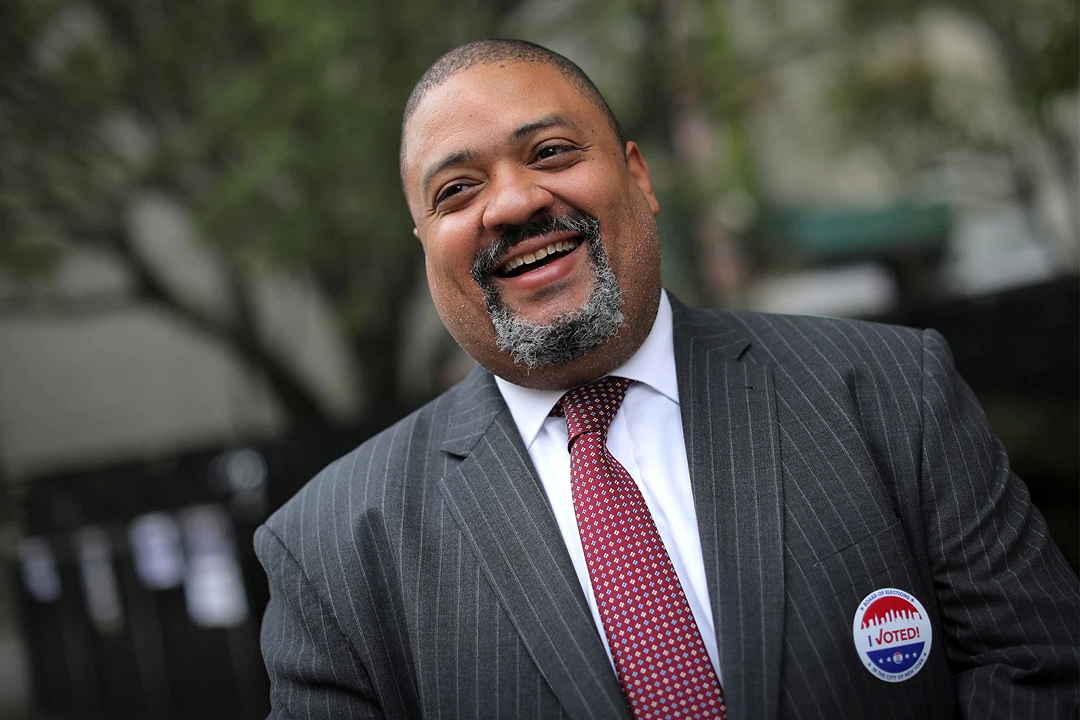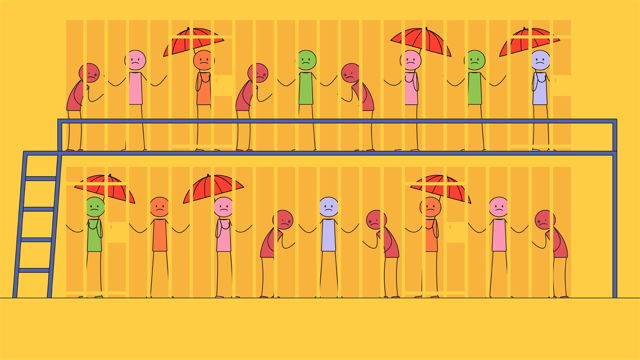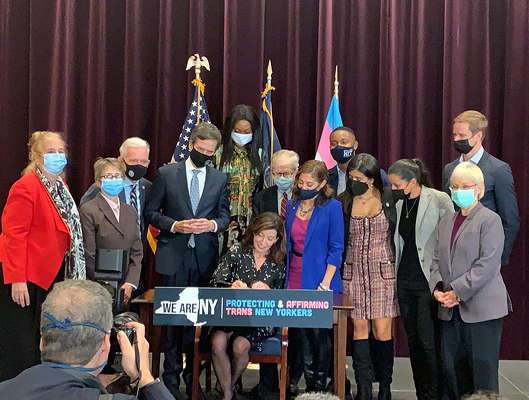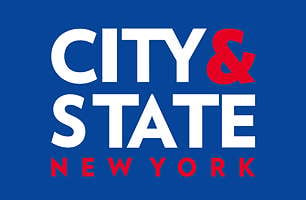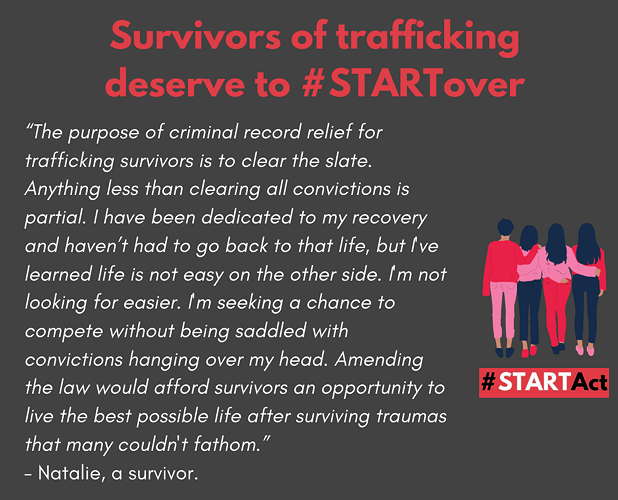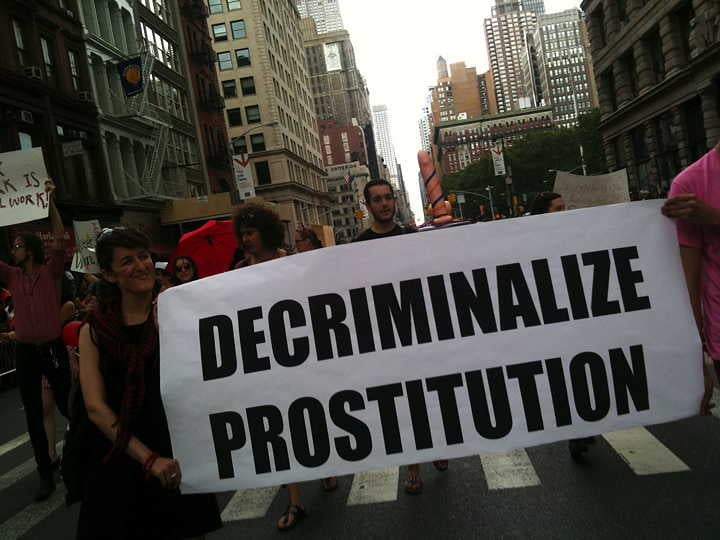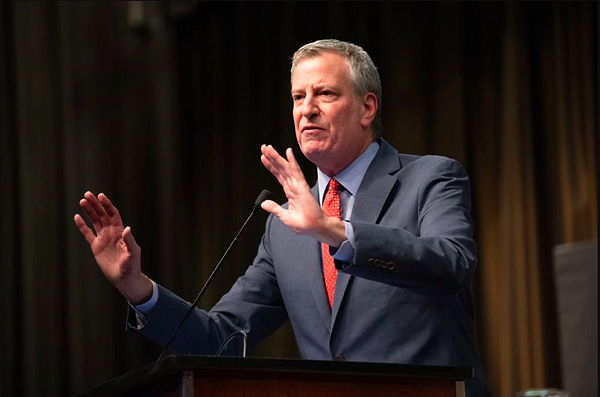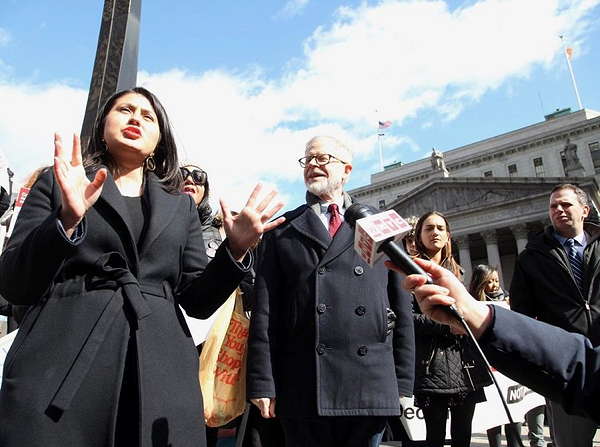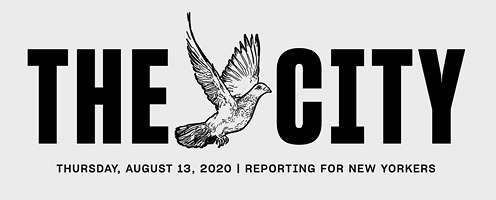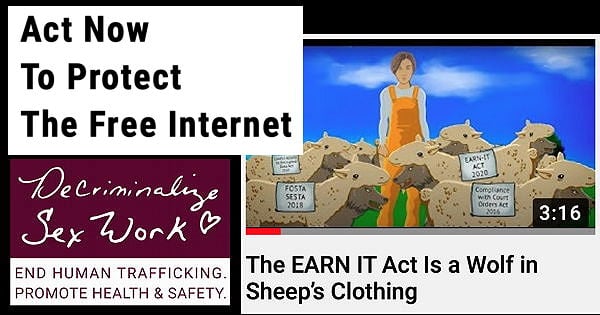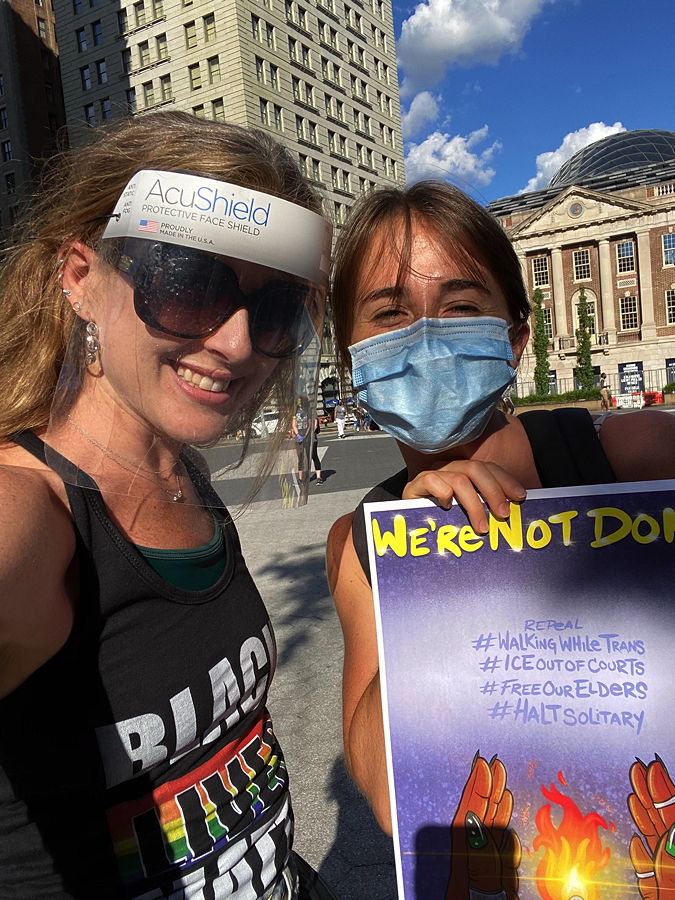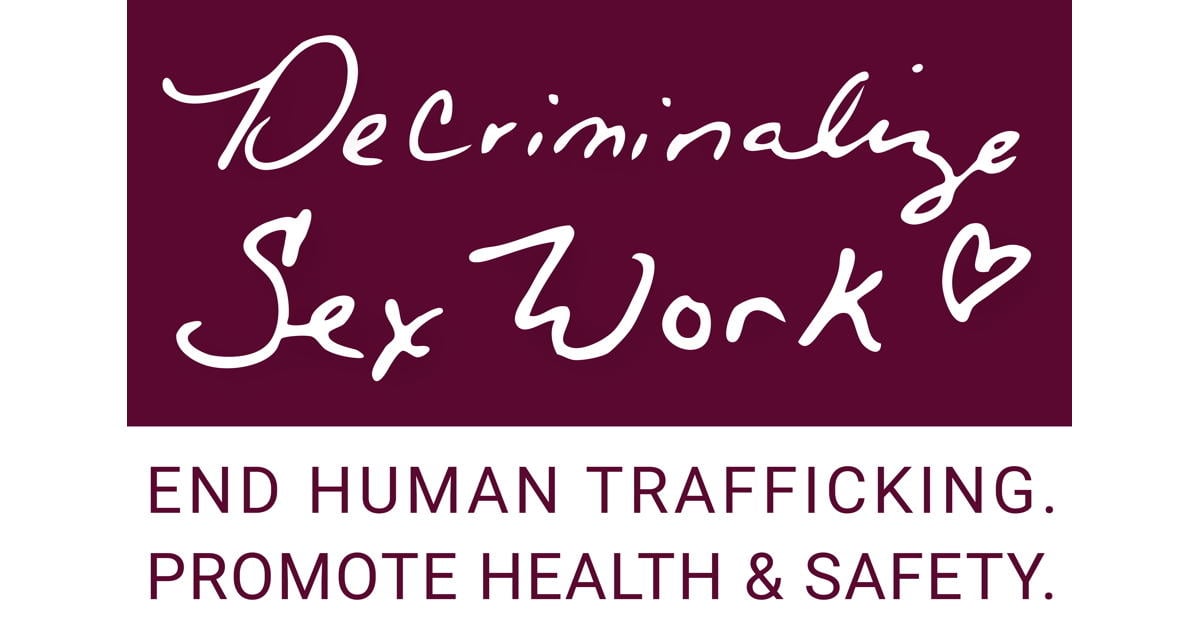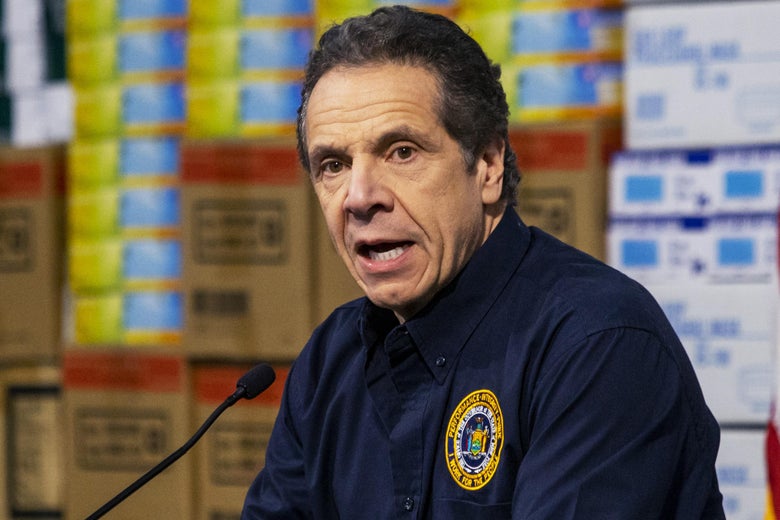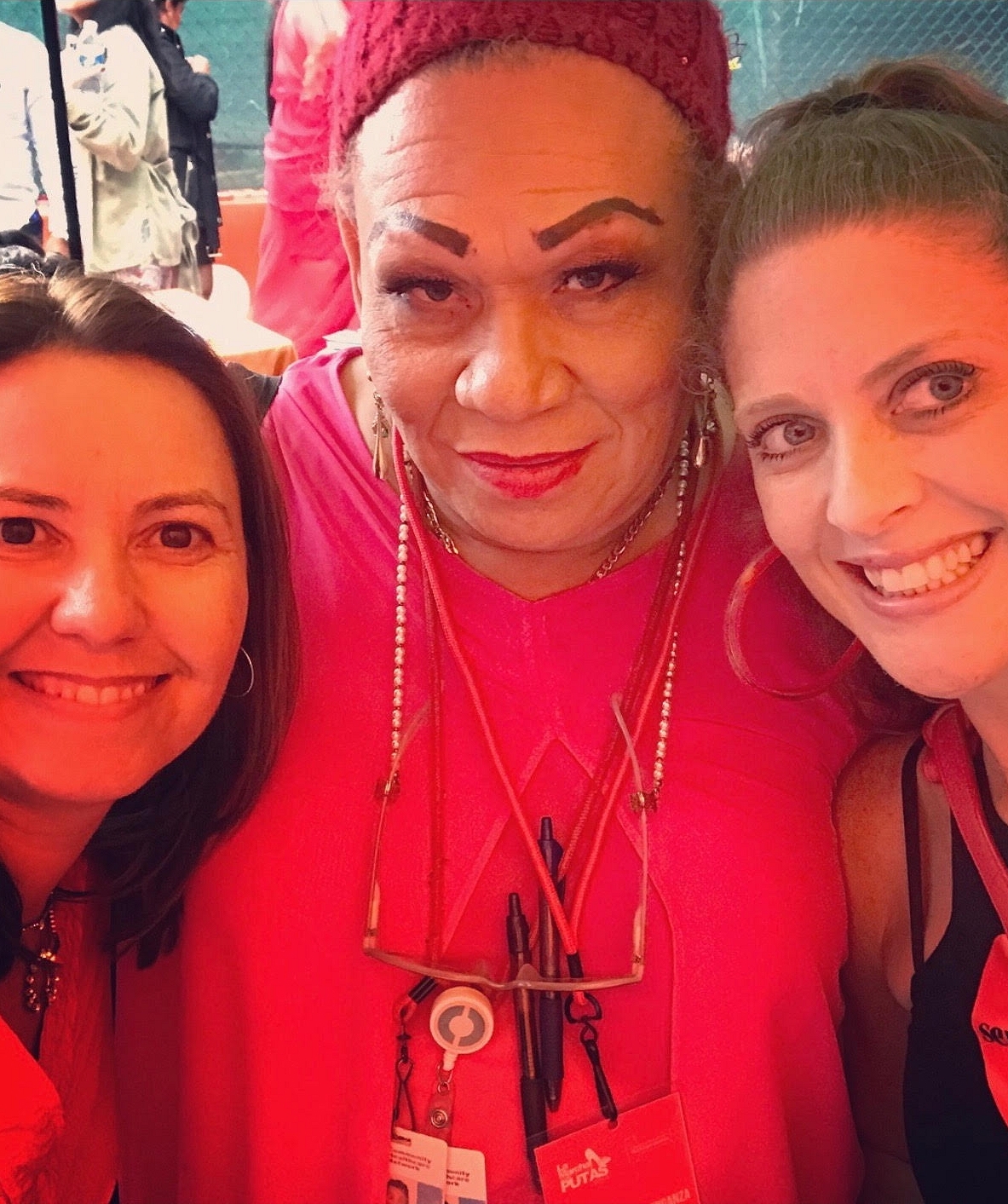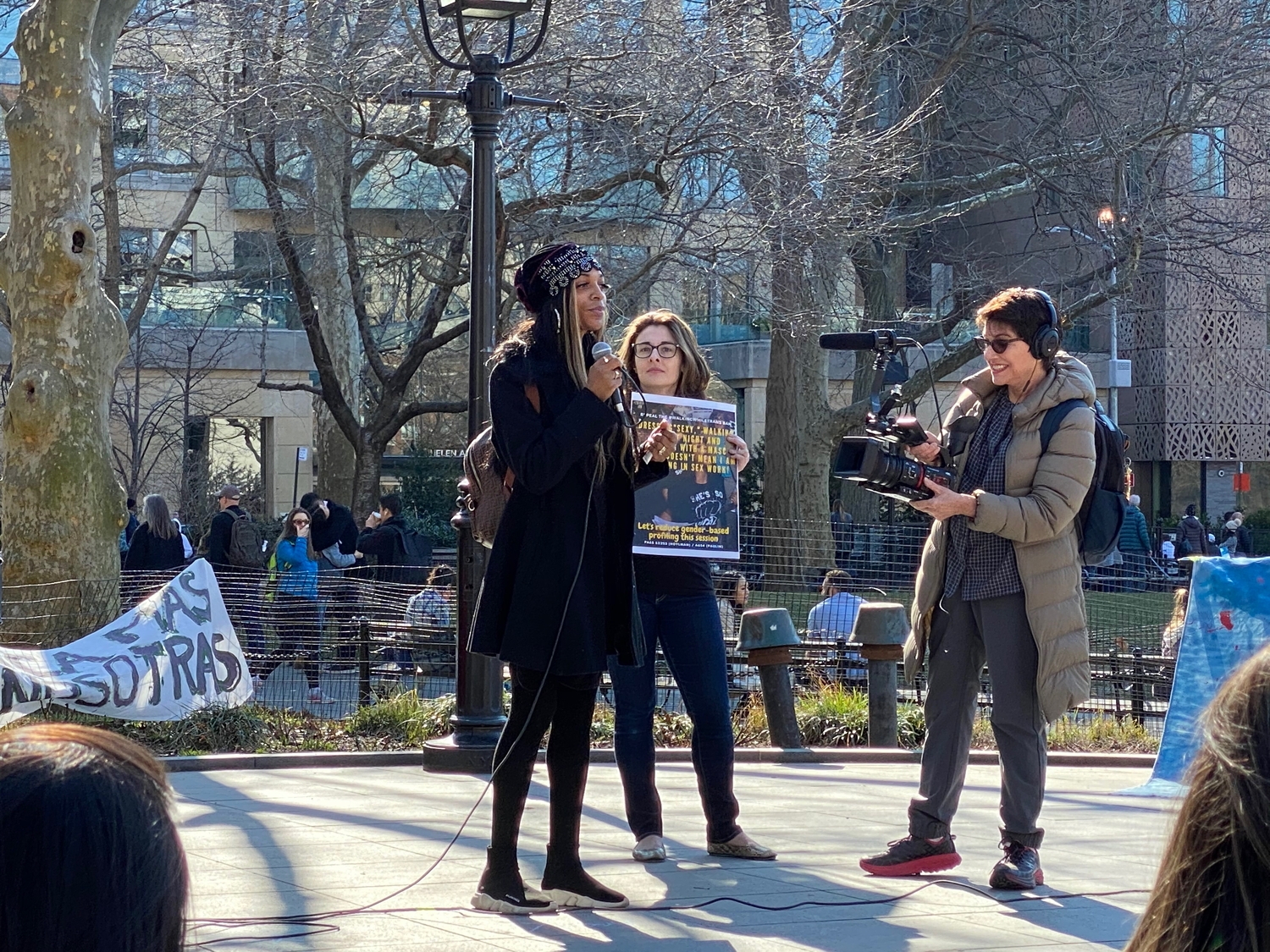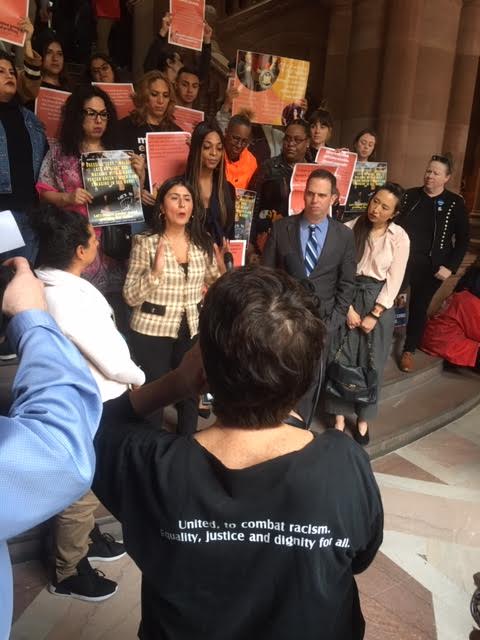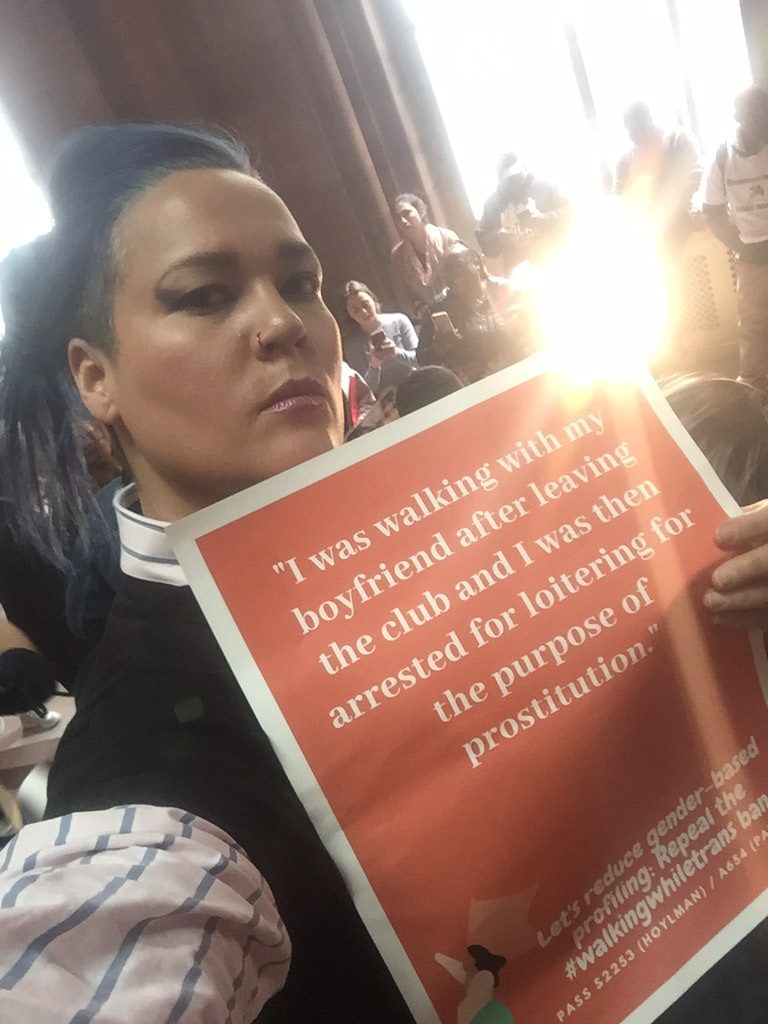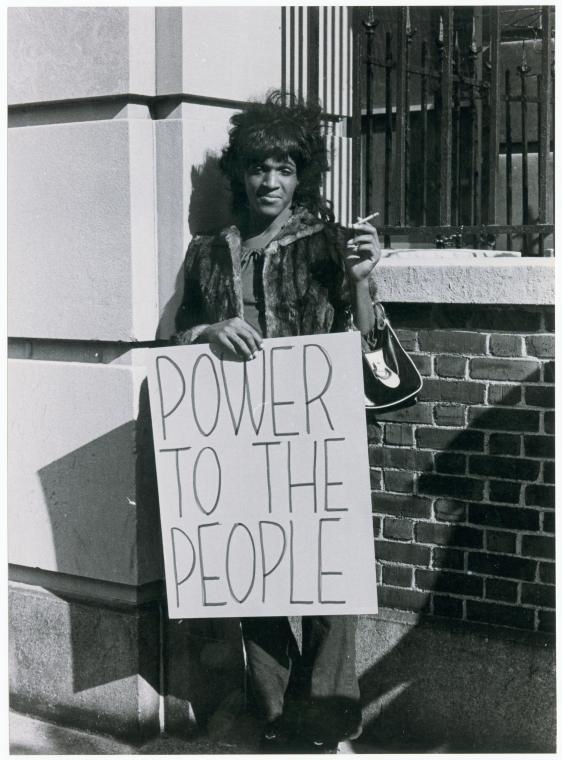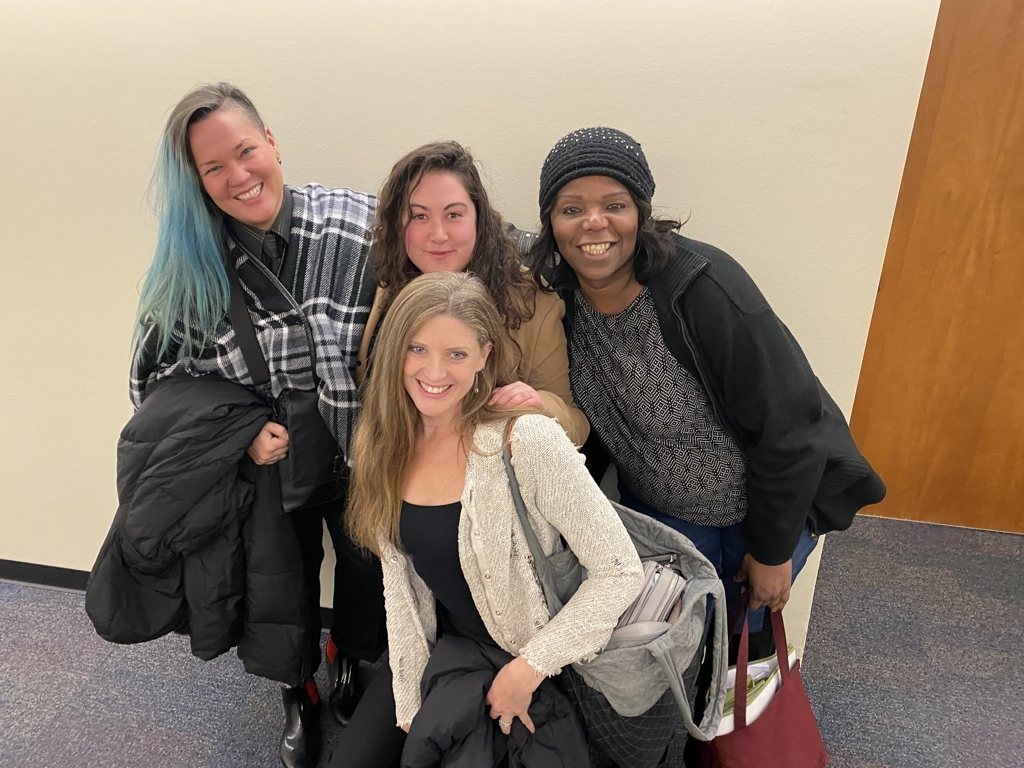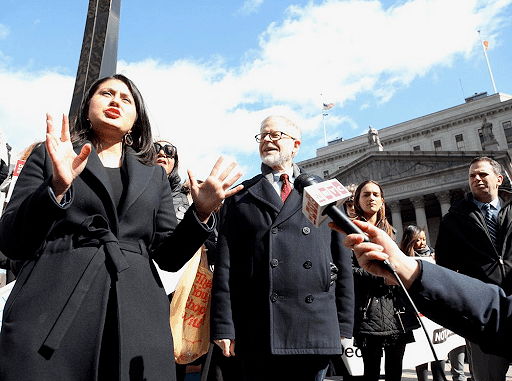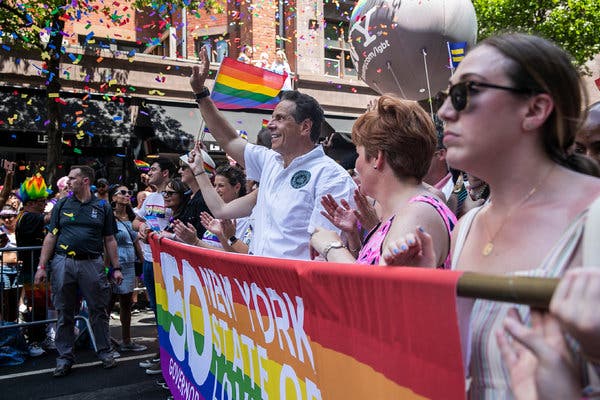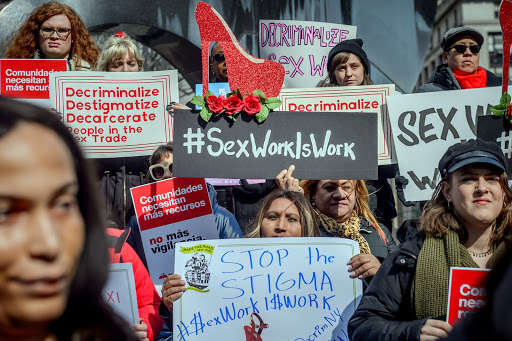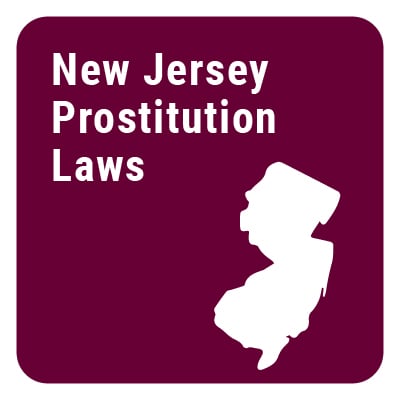Is prostitution legal in Tennessee?
Prostitution is not legal in Tennessee. Tennessee prostitution laws declare the purchase or sale of sex to be illegal. Additionally, promoting prostitution is a criminal offense across the state.
State Guide: U.S. prostitution laws for all 50 states
Prostitution Laws of Tennessee
- 39-13-512: Prostitution - Definitions
- 39-13-513: Prostitution
- 39-13-514: Patronizing prostitution
- 39-13-515: Promoting prostitution
- 39-13-516: Aggravated prostitution
39-13-512: Prostitution - Definitions
As used in §§ 39-13-512 - 39-13-515, unless the context otherwise requires:
(1) "House of prostitution" means any place where prostitution or the promotion of prostitution is regularly carried on by one (1) or more persons under the control, management or supervision of another;
(2) "Inmate" means, within the meaning of this part concerning prostitution, a person who engages in prostitution in or through the agency of a house of prostitution;
(3) "Patronizing prostitution" means soliciting or hiring another person with the intent that the other person engage in prostitution, or entering or remaining in a house of prostitution for the purpose of engaging in sexual activity;
(4) "Promoting prostitution" means:
(A) Owning, controlling, managing, supervising, or in any way keeping, alone or in association with others, a business for the purpose of engaging in prostitution, or a house of prostitution;
(B) Procuring an inmate for a house of prostitution;
(C) Encouraging, inducing, or otherwise purposely causing another to become a prostitute;
(D) Soliciting a person to patronize a prostitute;
(E) Procuring a prostitute for a patron; or
(F) Soliciting, receiving, or agreeing to receive any benefit for engaging in any of the activities defined in subdivisions (4)(A)-(E);
(5) "Prostitution" means engaging in, or offering to engage in, sexual activity as a business or being an inmate in a house of prostitution or loitering in a public place for the purpose of being hired to engage in sexual activity; and
(6) "Sexual activity" means any sexual relations including homosexual sexual relations.
39-13-513: Prostitution
(a) A person commits an offense under this section who engages in prostitution.
(b) (1) Prostitution is a Class B misdemeanor.
(2) Prostitution committed within one hundred feet (100 ) of a church or within one and one-half (1½) miles of a school, such distance being that established by § 49-6-2101, for state-funded school transportation, is a Class A misdemeanor.
(3) A person convicted of prostitution within one and one-half (1½) miles of a school shall, in addition to any other authorized punishment, be sentenced to at least seven (7) days of incarceration and be fined at least one thousand dollars ($1,000).
(c) As used in subsection (b), "school" means all public and private schools that conduct classes in any grade from kindergarten through grade twelve (K-12).
39-13-514: Patronizing prostitution
(a) A person commits an offense under this section who patronizes prostitution.
(b) (1) Patronizing prostitution is a Class B misdemeanor.
(2) Patronizing prostitution within one hundred feet (100 ) of a church or within one and one-half (1½) miles of a school, such distance being that established by § 49-6-2101, for state-funded school transportation, is a Class A misdemeanor.
(3) A person convicted of patronizing prostitution within one and one-half (1 ½) miles of a school shall, in addition to any other authorized punishment, be sentenced to at least seven (7) days of incarceration and be fined at least one thousand dollars ($1,000).
(c) As used in subsection (b), "school" means all public and private schools that conduct classes in any grade from kindergarten through grade twelve (K-12).
39-13-515: Promoting prostitution
A person commits an offense under this section who promotes prostitution. Promoting prostitution is a Class E felony.
39-13-516: Aggravated prostitution
(a) A person commits aggravated prostitution when, knowing that such person is infected with HIV, the person engages in sexual activity as a business or is an inmate in a house of prostitution or loiters in a public place for the purpose of being hired to engage in sexual activity.
(b) For the purposes of this section, "HIV" means the human immunodeficiency virus or any other identified causative agent of acquired immunodeficiency syndrome.
(c) Nothing in this section shall be construed to require that an infection with HIV has occurred in order for a person to have committed aggravated prostitution.
(d) Aggravated prostitution is a Class C felony.
